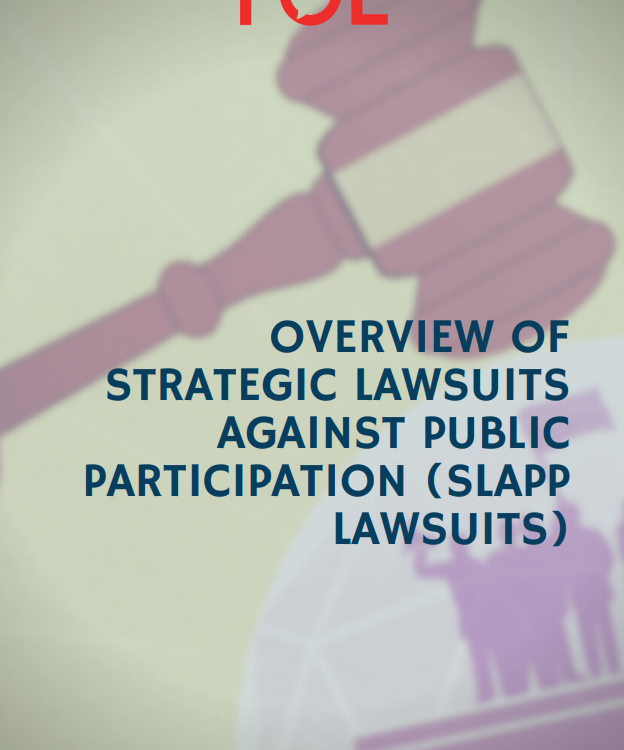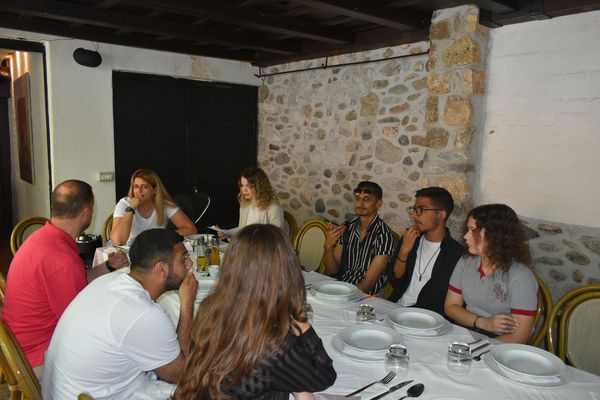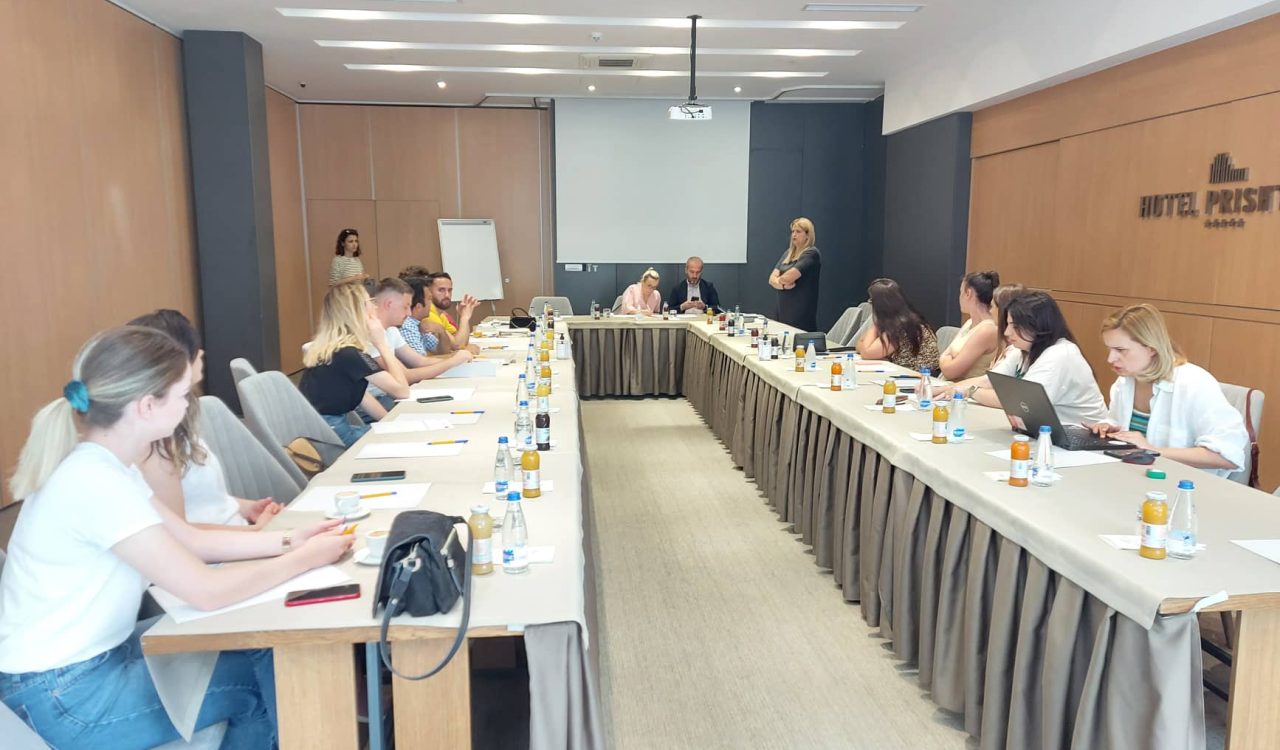Pristina, 15.03.2022 – The FOL Movement has today published the report “Performance of the Prosecution and Judicial System in the Resolution of Corruption Cases during 2021 (statistical analysis)”, which addresses the issue of the performance and efficiency of the first instance of the judicial system and that of the prosecution in the resolution of corruption cases during the period January – December 2021, as well as elaborates the workload level of these institutions in the resolution of these cases.
The report is based on the official statistical data received by the Prosecution Council of Kosovo and the Judicial Council of Kosovo for the year 2021, while to measure the performance of these institutions on the basis of these official statistics, FOL has used the methodology of the European Commission for the Efficiency of Justice (CEPEJ). The report does not include the quality of the cases, or the quality of the work of the prosecutor’s offices and courts, but only their statistical measurement.
Albana Hasani, Researcher at the FOL Movement presents the main findings of this report, some of which are listed below.
-The Special Prosecutor’s Office and the seven basic prosecutor’s offices of the Republic of Kosovo during 2021 have handled a total of 802 corruption cases, of which they have managed to handle a total of 409 cases, respectively 51% of all the cases they have handled during this year. Meanwhile, part of the 393 cases remained unresolved and were carried over to 2022.- The Special Prosecutor’s Office and the seven basic prosecutor’s offices of the Republic of Kosovo during 2021 had a total of 802 corruption cases at work, of which they managed to deal with a total of 409 cases, namely 51% of all the cases they have worked on this year. Meanwhile, part of 393 cases remained unresolved and were carried over to 2022.
-The resolution rate of corruption cases in all prosecution offices of the Republic of Kosovo for 2021 turns out to be 84%, which means that the number of cases resolved during this period was lower than the number of new cases received during the year.
– Based on the general statistical data received by the Prosecutorial Council of Kosovo, the Prosecutor’s Office that has achieved the best results in handling corruption cases during this period is the Basic Prosecutor’s Office of Prizren, which during this period has achieved the highest rate of resolution of cases (120%), the highest turnover rate of cases (4.29%) as well as the shortest time needed to resolve the cases that remained unresolved this year. In other words, out of 90 corruption cases that this prosecutor’s office has handled, it has managed to resolve 73 of them, or 81%.
– Meanwhile, the prosecutor’s office with the weakest results in handling corruption cases during 2021 (the same as in 2020) was the Basic Prosecutor’s Office of Mitrovica, which during this period achieved the lowest turnover rate of cases (0.26), the highest rate low resolution of cases (44 %) as well as the highest index of accumulated cases (2.96). In other words, out of 133 cases that this prosecutor has worked on this year, it has managed to solve only 28 of them, or only 13% of all the cases it has worked on.
– As for the number of indictments filed during this period, the seven basic prosecutor’s offices and the Special Prosecutor’s Office in 2021 had filed indictments for 335 people in connection with criminal offenses of corruption.
As for the findings regarding the judicial system, Hasani declares that:
-The seven basic courts of the Republic of Kosovo during 2021 had a total of 383 corruption cases (281 of which were inherited from the previous year and 102 new cases created during the year), while they managed to resolve only 108 cases, or 28% of all the cases they have handled.- The seven basic courts of the Republic of Kosovo during 2021 have handled a total of 383 corruption cases (281 of which were inherited from the previous year and 102 new cases created during the year), while they managed to resolve only 108 cases, or 28% of all cases they had at work. 73% of the corruption cases that were at work during 2021, namely 281 cases, were inherited from the previous years.
-The resolution rate of corruption cases in all basic courts during 2021 was 106%, which means that the number of cases resolved during this period exceeds the number of new cases created during the year.
-Based on the general statistics of the Judicial Council of Kosovo, the best results in the resolution of corruption cases during this period were achieved by the Basic Court of Prizren, which during this period achieved the highest rate of turnover of Cases (1.15), the lowest index of accumulated cases (1.13), as well as the shortest time needed to solve the cases that remained unresolved this year (317 days). In other words, out of 43 corruption cases that this court has dealt with, it has managed to resolve 23 cases, or 53% of all cases.
– While the weakest results in the handling of corruption cases during 2021 were achieved by the Basic Court of Pristina, which of the 197 cases it had at work in 2021, managed to solve only 34 of them, or only 17%. During this period, this court achieved the lowest turnover rate of cases (0.20), the highest index of accumulation of cases (4.61), as well as the longest time for the resolution of the cases that remained unresolved this year.
-In 2021, the basic courts issued 59 guilty verdicts, 26 acquittals, 4 rejection verdicts, and 19 cases were resolved in other ways. Of the guilty verdicts, for most of them, namely for 31 cases, finer sentences were imposed, while for 22 cases prison sentences were imposed and for 6 cases conditional sentences.





